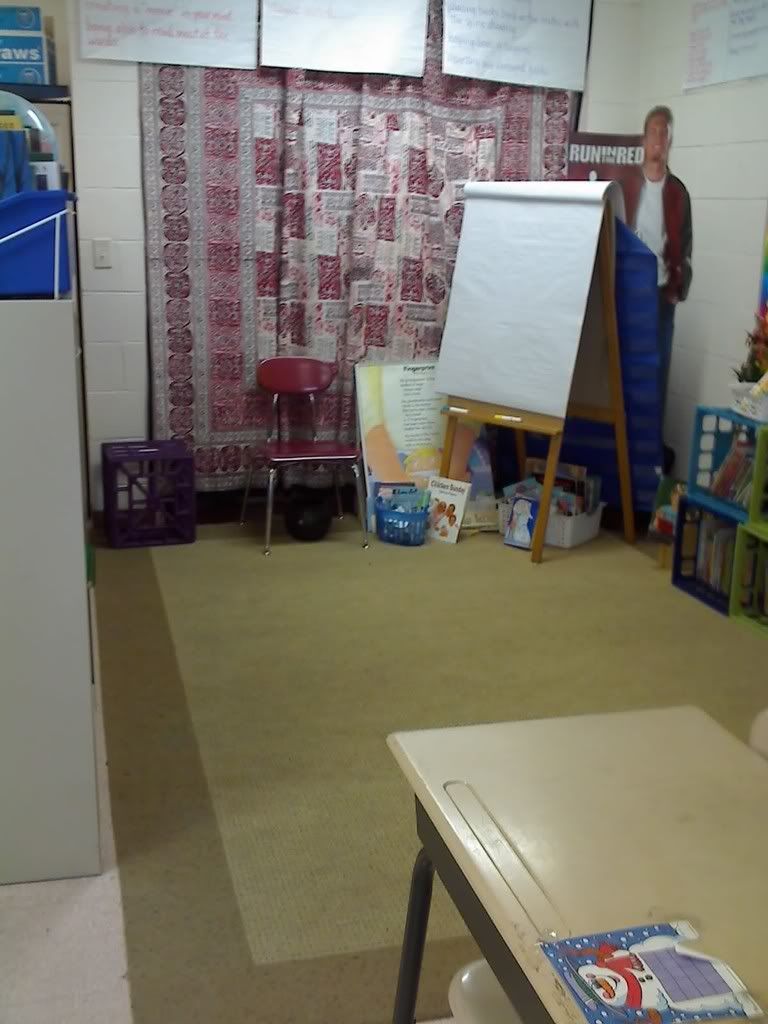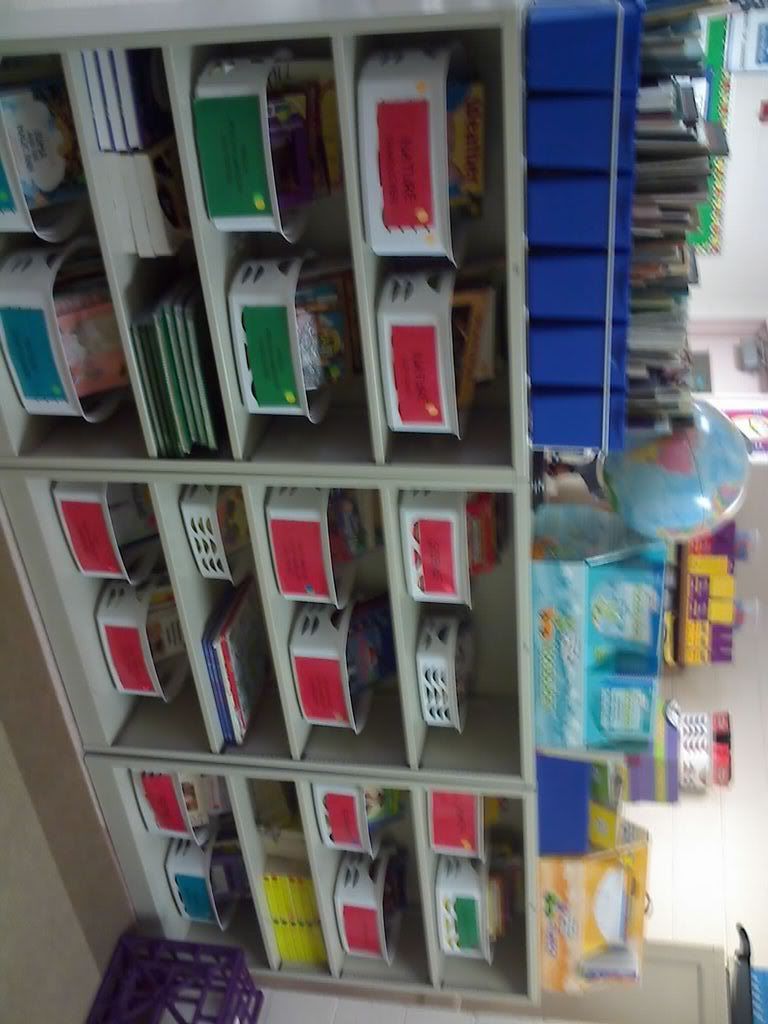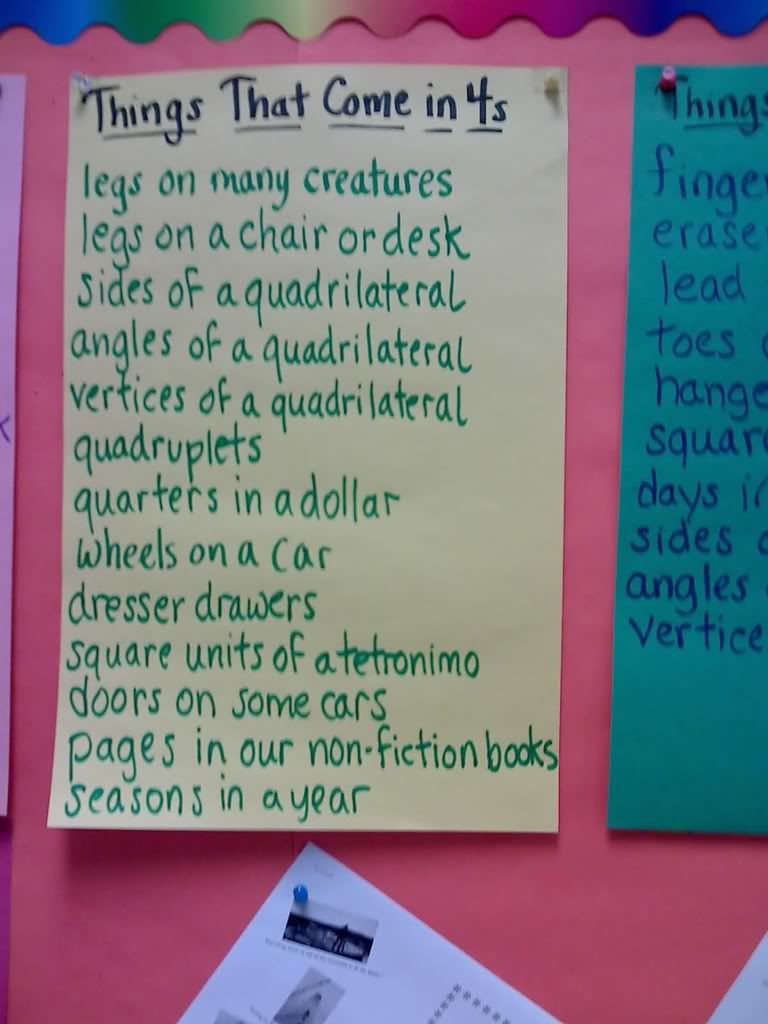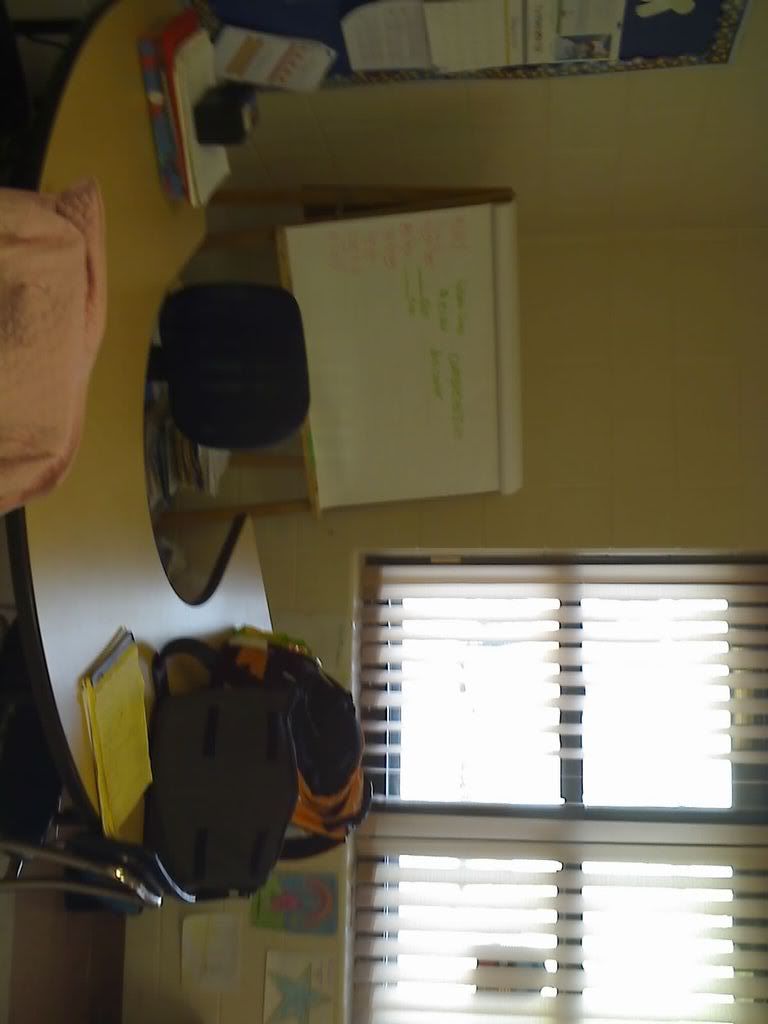Wednesday, February 25, 2009
Gayness, Multicultural Education, and Community
“Throughout much of this century, the dominant idea of community in America was represented by what I call the normalizing community. Within normalizing communities, some individuals and subject positions (i.e., white, middle class, male, heterosexual, ect.) get privileged and represented as “normal” while other individuals and subject positions (i.e., black, working class, female, homosexuality, ect.) are disempowered and represented as deviant, sick, neurotic, criminal, lazy, lacking in intelligence, and in other ways “abnormal”.
I thought this was especially important because, to me, it seems that the biggest reason why children grow up with prejudices against gay men and lesbians is because they're told that's not what's 'normal'. It's not what's accepted, but I'm sure that it feels normal to the people who are homosexuals. To grow up being told that the feelings you have inside aren't normal, and are morally wrong even, must be very difficult. Education about homosexuality would not only help people understand gay and lesbians, but it would also make growing up as a gay or questioning child easier, because your peers would be more likely to understand you.
“Sears found it was okay in many schools to condemn homosexuality if you are a teacher without facing any criticism.”
I believe that it's just wrong for a teacher to condemn a way of life in a classroom. It's one thing if they don't believe in homosexuality. They don't have to go out of their way to speak down about it to impressionable children. I know that some people might say that it's not the schools place to condemn sexuality, but it's also not their place to teach about it either.
I think that you can teach children about homosexuality and not put in your own opinion about it. In the same way that a religious teacher could teach the big bang theory and leave out the fact that they don't quite believe in it.
“The high levels of drug use, high dropout rates, and high suicide rates among gay youth, are at least partially understandable both as manifestations of alienation and as socially sanctioned self-destructive ways of 'being gay.'”
I've seen this myself. I had a few friends in high school who were gay and bisexual. At first I didn't know but by high school they had come out. Although I never connected their drug use to their sexual orientation, it did seem like they smoke more pot and experimented more than some of my other friends. When I read this sentence it made me wonder if their behaviors were partially caused by a feeling of alienation.
I agree with Carlson. I think that education about homosexuality has to start at school, because many parents aren't teaching their children that being gay is acceptable. Socially, it's still frowned on. Morally, it's most definitely frowned on. Society sometimes takes it's time with the acceptance of new ideas. Of course homosexuality isn't a new idea, but the new rights that gay Americans are fighting for most certainly are. Schools need to provide students with facts about homosexuality to try and squeeze the prejudices out of students from a young age.
Monday, February 16, 2009
"Aria" Teaching Bilingual Children
"What I needed to learn in school was that I had the right and the obligation-to speak the public language of los grillgos"
Rodriguez's argument is that assimilation must be pushed on bilingual children. Although it may be unpleasant and have some regretful consequences, he is clearly trying to show us that in order for him to be as successful with the English language as he is now, he had to be put in a situation where English became the only option.
I don't know if I entirely believe in that. I think his view may be a little harsh, although he knows more about it than I suppose I do right now. I do think that every American citizen should at least try to learn English. I think that denying that English isn't America's primary language is foolish. It almost seems to tie into the Codes of Power that Delpit talks about. If you keep telling bilingual children that learning English isn't something that's as important as preserving their own culture, you're going to set them up for failure.
"At last, seven years old, I came to believe what had been technically true since my birth: I was an American citizen."
The truth is that most people in America are going to need the English language. It's probably the most powerful tool that any one can really have. It provides access to information, a means for communicating exactly what you mean, and also an easier path to employment. Preserving your families culture is important, and I think it's what makes America an exciting place, BUT learning English is equally as important.
"Today I hear bilingual educators say that children lose a degree of 'individuality'
by becoming assimilated into public society."
I'm not sure what schools should do. I'm not sure what the “best”way to teach bilingual children is. I do believe that allowing them to remain bilingual is much more beneficial to them than trying to eliminate the first language. Allow them to have their private identity at home but allow them to perfect their public identity in school. People who know how to express their thoughts in more than one language have an advantage. They can think about things in many different ways, using many different phrases, but English has to be learned.
Because I'm positive that in my future teaching career I will have bilingual children in my classroom, I really hope to learn what's best for most children in their situation. I think it's important, not only for them educationally, but as Rodriguez says, having a “public identity” is important as well. Confidence can make a world of difference.
Friday, February 13, 2009
Laurel Hill Ave Elementary school- Mrs. Mancini's classroom

Today I arrived in the classroom while the kids were still in Health class. I thought it was a good opportunity to take some pictures of the classroom. It's colorful even though the rest of the building is a little rough around the edges. Mrs. Mancini does a good job of incorporating art into her classroom.

The class has a schedule in the front of the room letting them know what they'll be doing today.

They have some computers in the room with learning software for reading and math.

This is where they do a lot of their reading, including reading the play that they're working on. The kids get to sit on the carpet and they seem to really enjoy being able to get out of their regular seats.

They have tons and tons of books. Most of them are in these bins and labeled according to reading level and subject (like African/African American, Asian/Asian American, Math, Science, ect.)


There's many posters like this that have instructions on how to do certain things.

It's nice to have some good space for one on one work with the students.

I like how Mrs. Mancini hangs the students art work up. They're very proud of their pictures.
It's nice that the room is sunny and that they have windows. The rest of the school is a bit darker.
Monday, February 9, 2009
White Privilege and Not So Equal Opportunity Employers

In “White Privilege: Unpacking the Invisible Knapsack” by Peggy McIntosh, McIntosh explains how she was never taught to see her race, or even think of Whiteness as a race. She talks about how privilege towards specific groups of people can be destructive when it's ignored by the people enjoying that privilege.
I thought that her list of ways in which she is privileged solely because of the color of her skin was interesting. I also think that they are all true. Things that white people don't have to think much about. McIntosh thinks that “whites are carefully taught not to recognize white privilege, as males are taught not to recognize male privilege” and she also says "I was taught to see racism only in individual acts of meanness, not in invisible systems conferring dominance on my group." I think both those things are true, because racism has always meant to me the action of discrimination based on a person's race. McIntosh recognizes that there is racism in more than just people's actions, and White people probably don't recognize that kind of racism very much at all.
"I can easily buy posters, postcards, picture books, greeting cards, dolls, toys, and children's magazines featuring people of my race."
I think this says a lot. It's the easiest way to see the truth about these privileges. When you go into a super market or even a department store you can see the absence of diversity. When you go down the toy isle, even though there are a couple black dolls, where are the Asian dolls? Where are the Native American dolls? Where are the Latino dolls? I don't see any much of the time, and if there is one, then that's usually it. There's one non white doll for every ten white dolls. America isn't made up of White people. It's not as if we live in a country that is almost completely white. So there's no excuse for that.
I understand what she's saying, I just don't know what can be done about it. We've read a lot about how we should recognize our race and how we should realize that some people are born with certain privileges that other people aren't, but what can we DO about it? Besides write about it, and discussing it, can anything be done? That's something that I'm interested in hearing other people's opinion's about. How do we give up privilege so that the less privileged can be treated equally? It just seems like such a big issue, where do you start?
In the article “Data show racial bias persists in America” by Salim Muwakkil, one aspect of the invisible knapsack is really focused on. The privilege of employment. In the article, a study where job applications with black and white names are sent out to employers is done, and in that study “applicants with white names were 50 percent more likely to get called for an initial interview than applicants with black names”.
If this isn't proof that such an invisible knapsack exists, then I don't really know what is. When two people with identical resumes are considered for the same position, and the deciding factor comes down to how White their name's sound, that's not fair.
The fact that “white applicants with prison records were still more likely to be hired than black men without them” is another sad thing. Something that I just don't understand. Or maybe I do understand, and the truth is just so ugly to look at. There is no such thing as equal opportunity employment. Not for the most part, anyways. Hopefully some day.
